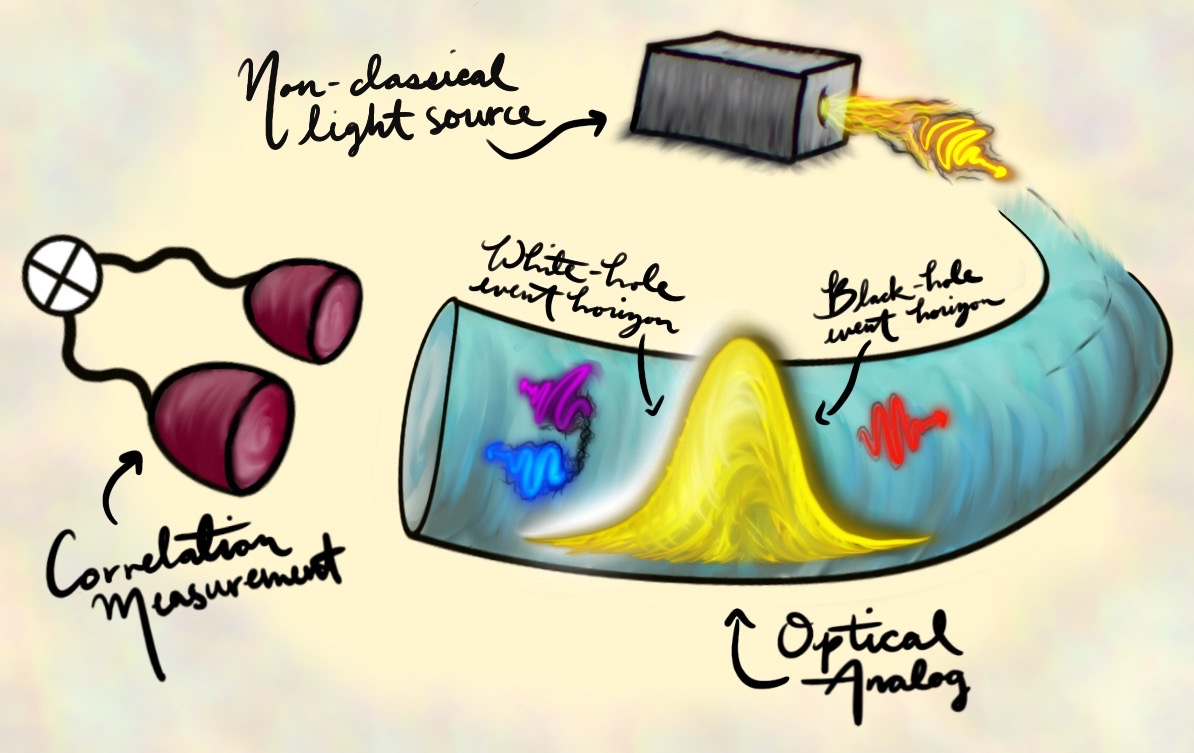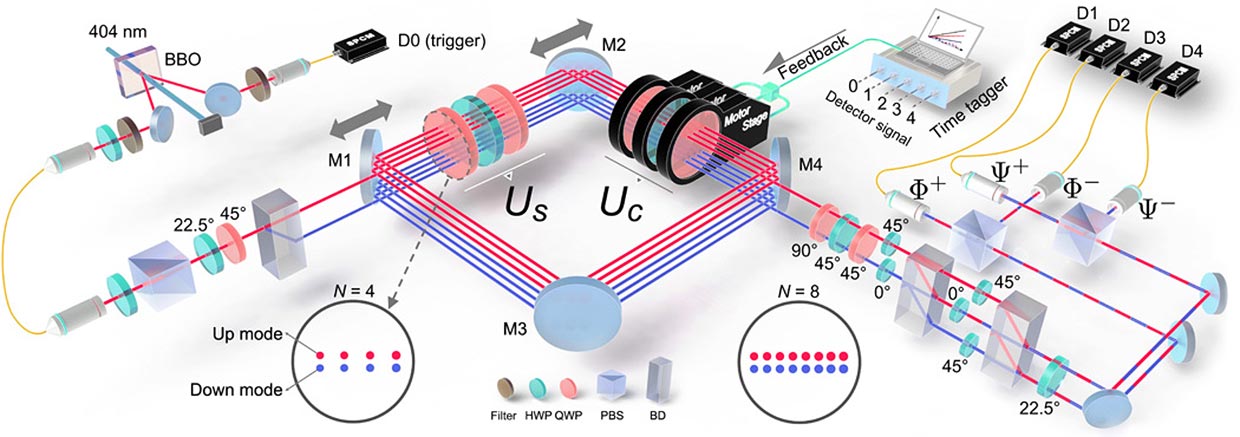The Dutch quantum computing ecosystem has achieved a significant milestone with the release of the Tuna-5 system through the Quantum Inspire public cloud platform. This quantum computer represents a collaborative triumph under the HectoQubit/2 project, bringing together QuTech, TNO, and four Dutch quantum startups: QuantWare, Qblox, Orange Quantum Systems, and Delft Circuits.
The Tuna-5 system exemplifies Delft’s distinctive open-architecture approach to quantum computing, contrasting with the vertically integrated systems offered by major commercial players. This methodology integrates interoperable hardware and software components, including a superconducting quantum processor with tunable couplers, modular control electronics, intuitive quantum toolkits, an operating system, and a Python-based software development kit. The extensive testing and integration process has strengthened the Dutch quantum supply chain, creating a robust ecosystem of compatible quantum components.
Central to Tuna-5’s innovation are the flux tunable qubit couplers manufactured by QuantWare, representing a substantial improvement over fixed-frequency couplers used in previous Starmon-generation processors. These tunable couplers allow dynamic control of interactions between qubit pairs, significantly reducing errors in quantum operations. Each startup contributes essential layers to the architecture, with Qblox providing control electronics, Orange Quantum Systems delivering their proprietary toolkit including the Orange Juice operating system, and sophisticated backend orchestration managing the complex software communications.
The project demonstrates how academic research and startup innovation can create mutual value in the emerging quantum market. The DiCarlo lab at QuTech hosts the system, where academic research directly contributes to improved quantum products while enhanced tools strengthen the lab’s R&D infrastructure. This collaboration reduces startup costs and improves market access, fostering economic development within the Dutch quantum ecosystem.
Launched in April 2023 with funding from Quantum Delta NL and the National Growth Fund, HQ/2 strategically strengthens Dutch leadership in superconducting quantum computing. The project aligns with the EU Quantum Flagship’s OpenSuperQPlus initiative, targeting a 100-qubit quantum computer by September 2026, with Delft serving as one of three European demonstrator sites.
Following February 2025’s Quantum Inspire 2.0 launch, users can now access three real quantum hardware backends: Tuna-5, Starmon-7, and Spin-2+, plus the QX-emulator. Remarkably, many scientists and engineers from the original Starmon-5 project have co-founded the startups now contributing to HQ/2, creating a full-circle narrative where academia and entrepreneurship converge to realize next-generation quantum computers. This release serves as a crucial system readiness exercise, laying groundwork for more powerful quantum computers currently in development.
Additional details about Tuna-5, with contributions from researchers and engineers at TU Delft, QuantWare, and Orange Quantum Systems, are available in a preprint from the DiCarlo Lab, led by Prof. Leo DiCarlo, the scientific coordinator of HQ/2, accessible here: https://arxiv.org/pdf/2503.13225
The post Delft quantum ecosystem launches open-architecture quantum computer appeared first on QuTech.




